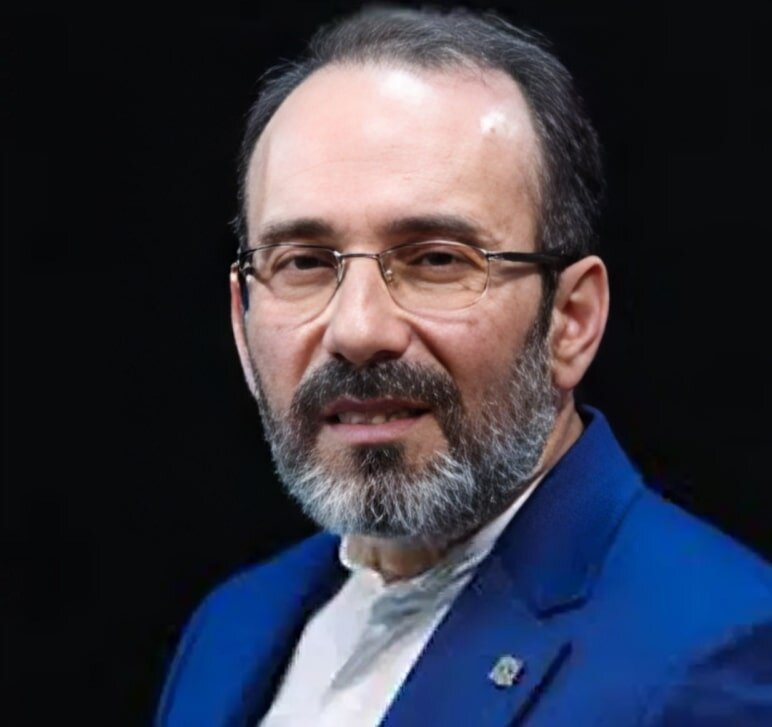Iranian professor joins Lancet commission on health, migration, and climate change

TEHRAN –Amirhossein Takian, the founder of the Center of Excellence for Global Health and Professor of Health Policy at Tehran University of Medical Sciences, is serving as a member of the Steering Committee of the Lancet Regional Health Europe Commission on Health, Migration, and Climate Change, as well as one of the co-coordinators of the Commission’s second working group.
The working group focuses on ‘the impacts of climate change on patterns of migration to and within Europe’.
The commission, in collaboration with The Lancet Migration and the World Health Organization (WHO), is actively investigating the complex interplay between health, migration, and climate change in Europe. A key focus of their work is to develop effective policy solutions by exploring the scientific dimensions of this nexus. Currently, the Commission members are contributing to a special issue of The Lancet dedicated to “Climate Change and Migration”.
The Commission was launched in 2024 by The Lancet Regional Health – Europe.
It aims to provide evidence on the nexus between climate change, migration, and health, to raise awareness of the importance of understanding their interconnectedness in the development of policies and culturally appropriate care across the European region.
Background and focus areas
Climate change is the greatest health threat of the 21st century, with global impacts that drive and intensify migration. It exacerbates health risks, disrupts healthcare access, and worsens social determinants of health. Acting as a multiplier, climate change amplifies drivers of displacement such as resource scarcity, food insecurity, extreme weather, and habitat destruction.
Migrants face distinct challenges, including legal uncertainties, cultural losses, and health vulnerabilities. While migration can foster resilience, framing it solely as an adaptation strategy risks restrictive policies.
Addressing these interconnected issues requires a holistic approach, balancing immediate health needs with long-term integration and equity-focused strategies.
Europe is both a significant destination for migrants and a region grappling with its own climate challenges. This dual role creates a unique context for addressing the climate-migration-health nexus. European countries must manage the health needs of migrants while adapting to the accelerating impacts of climate change. The Commission will explore these issues across host and origin countries, identifying barriers, opportunities, and solutions within Europe’s institutional frameworks.
Health, migration, and climate change (WHO-led), climate change impacts on migration patterns to and within Europe, health needs of migrants in Europe amidst climate change, and European responses using the social determinants of health approach are the thematic focus areas of the Commission.
MT/MG
Leave a Comment